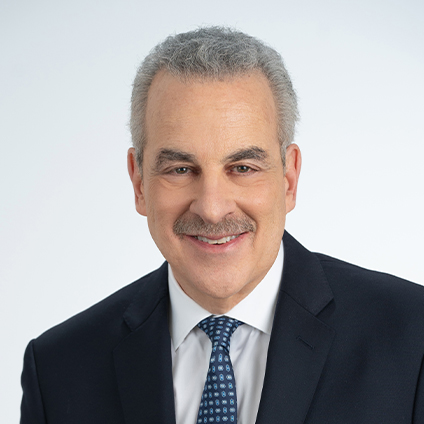Antidepressants and Teen Suicides
Untreated depression can be lethal to adolescents. For many, medication is a lifeline.
Clinical Expert: Harold S. Koplewicz, MD
en EspañolIt’s rare that a month goes by in which I don’t hear about the tragic suicide of a teen or young adult, from a celebrity’s child to the son or daughter of a friend.
We know that suicide is the third-leading cause of death — after accidents and homicide — among teens and young adults between 15 and 24 years of age. What many don’t know is that over 90 percent of all young people who commit suicide are suffering from severe mental illness. Depression is the leading condition in the suicides of adolescent boys and girls. Given these facts, it’s crucial that we directly confront the antidepressant question: Should we prescribe these medications to young people?
The answer, I believe, is absolutely yes. Let me explain.
Many parents, not to speak of psychiatrists and other physicians, are wary about prescribing antidepressants to teenagers after the FDA issued a “black box” warning, in 2004, that use of SSRI antidepressant medications was linked to an increased risk of suicidal thoughts or behaviors.
The FDA based its warning on a review of records of nearly 2,200 children treated with SSRI medications, finding that 4 percent experienced suicidal thinking or behavior — twice the rate of those taking placebos. There were no completed suicides among the 2,200 children treated.
Three years later a comprehensive review of pediatric trials, funded by the National Institute of Mental Health and conducted between 1988 and 2006, found that the benefits of these medications likely outweigh their risks to children and adolescents with serious depression and anxiety.
And after the warning was in place, the Centers for Disease Control and Prevention reported not a decrease but a sharp increase in the suicide rate for 10- to 19-year-olds. This dramatic increase coincided with a drop in antidepressant prescriptions for teens.
There will always be caveats when it comes to starting a treatment course with antidepressants, but as a child and adolescent psychiatrist with nearly three decades’ experience — and as a physician who does not receive funding from pharmaceutical companies — I can tell you that the negative messages swirling around antidepressants distort a public health tragedy and impede access to treatments, including antidepressant medications, that can protect against suicide.
When parents are faced with the question of whether to medicate a clinically depressed teen, I offer them these findings:
· As many as 80 percent of teens suffering from depression can be successfully treated if they seek help from a doctor or therapist. The same holds true for adults, 80 percent of whom will respond to antidepressant medications — either one medication or a combination of two or more.
· About 40 percent of adolescents with depression do not adequately respond to a first treatment course with an antidepressant medication. Persistence in finding the right medication, or combination of medications, is key to the success of any treatment regimen.
· There is no gold-standard set of guidelines for clinicians to follow when choosing a treatment course with or without antidepressant medications.
· Studies that suggest that antidepressant medications work no better than placebos in some patients don’t include subjects who are suicidal. Research has shown that antidepressants effectively lift depression in subjects with the most severe symptoms — the very patients who are most likely to attempt suicide.
Untreated depression is the number one cause of teen suicide, and while it may be tempting to look the other way, I encourage you to look at this tragedy straight on. Recognize that adolescent angst is part of normal development, but adolescent depression is not: It’s a very real illness that, left untreated, is potentially lethal. It requires both parental and medical attention.

